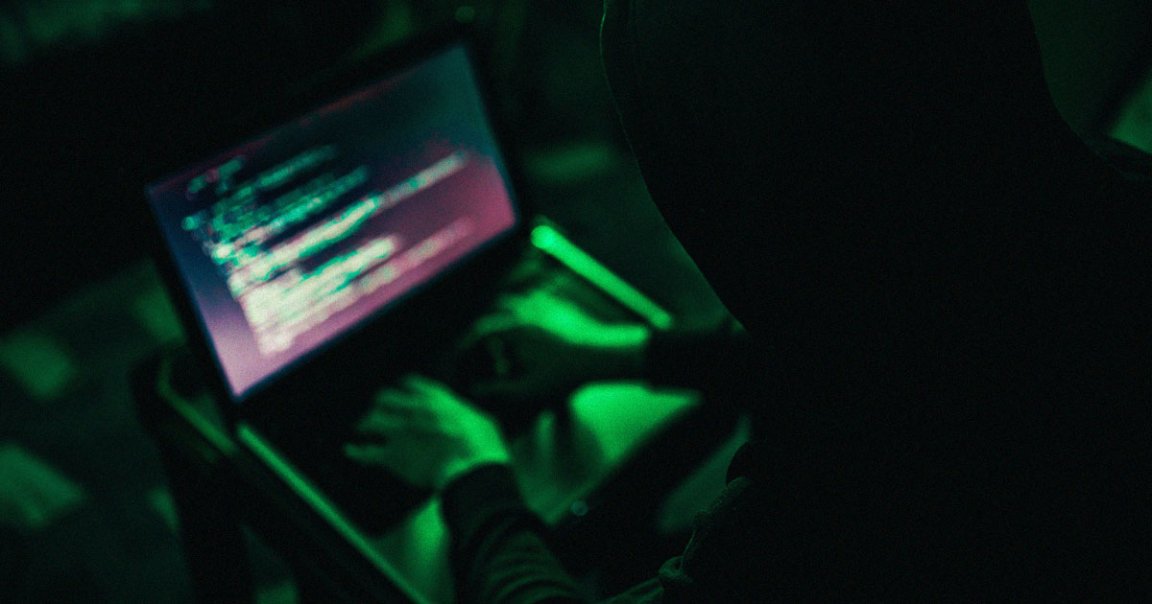
Hackers recently brought a Chicago children’s hospital to its knees — an especially cruel attack that made life for staff a living nightmare.
While the hospital is technically still operational, as CNN reports, the hack took down its computer systems, which made accessing medical records and prescriptions extremely difficult. Staff are still trying to find a way to restore the system, which has since been taken offline.
It’s only the latest in a string of cyberattacks on health infrastructure — a terrifying consequence of unsecured computer systems that leave professionals and patients vulnerable to them.
The Department of Health and Human Services warned in a 2023 report of increases in attacks on healthcare entities, which have disrupted healthcare for patients across the country.
“We recognize the concern and inconvenience the systems outage may cause our patient-families and community providers,” a February 4 statement by the Chicago hospital reads, “and are working diligently to resolve this matter as quickly and effectively as possible.”
Fortunately, the hack isn’t affecting emergency admissions, and pediatricians have found workarounds to keep in touch with specialists. But it’s far from the first time hackers have set their sights on a hospital. In 2021, a group of them took down the computer system of an Illinois hospital for months. In June, the hospital actually shut down, in part due to the hack preventing it from filing insurance claims.
According to a 2021 report by the Wall Street Journal, a baby died after an Alabama hospital was hit by a ransomware attack — the first alleged “ransomware death.”
A separate hack on Thanksgiving Day last year caused hospitals in New Jersey, New Mexico, and Oklahoma to randomly reroute ambulances. As a result, the network couldn’t receive ambulances to emergency rooms. And last year, Toronto’s Hospital for Sick Children was targeted by a global ransomware operator. The perpetrators, however, were seemingly suffering from a bad conscience at the time and later issued an apology, offering to unlock the targeted data.
Most of the other hackers weren’t — or won’t be — as nice. The accumulation of these attacks makes one thing clear: We’re now fully entrenched in a new era, one in which healthcare systems need to prioritize (or be forced to prioritize) patient safety through cybersecurity. If they don’t, everyone from those hospital and healthcare systems to patients could eventually suffer the financial (and in the case of patients, possibly mortal) costs.
More on cyberattacks: Mysterious Hackers Are Targeting Space Telescopes